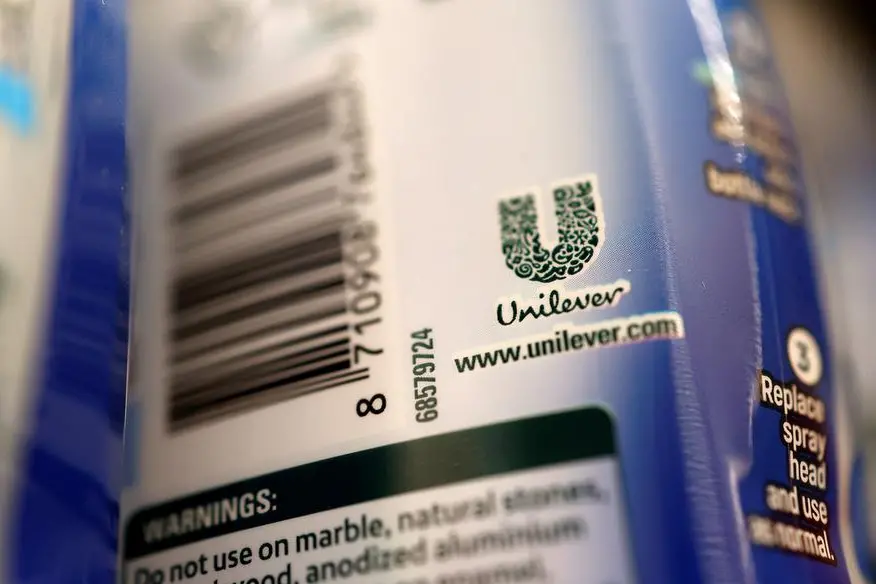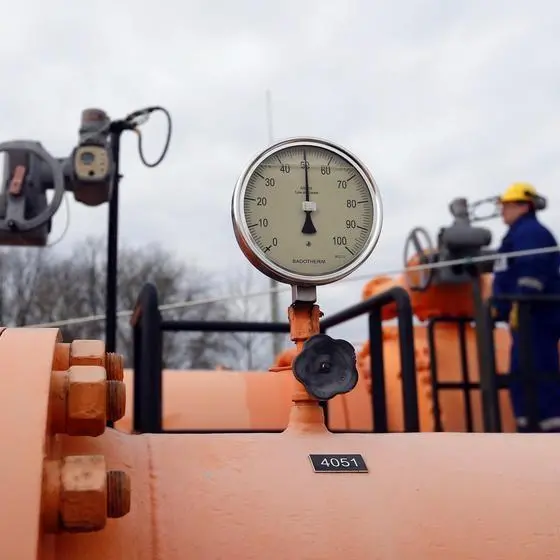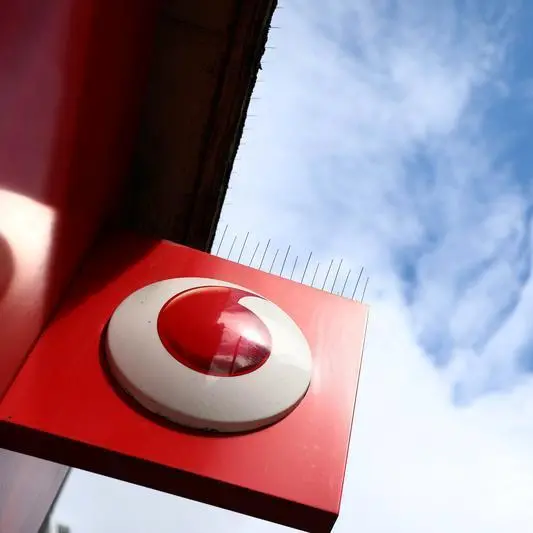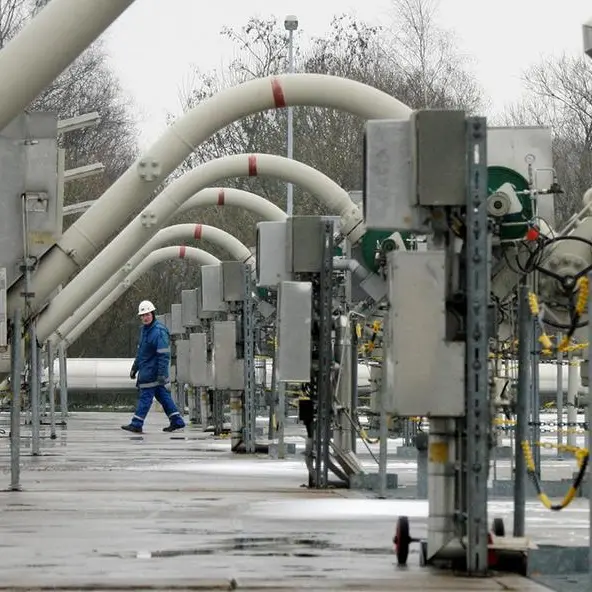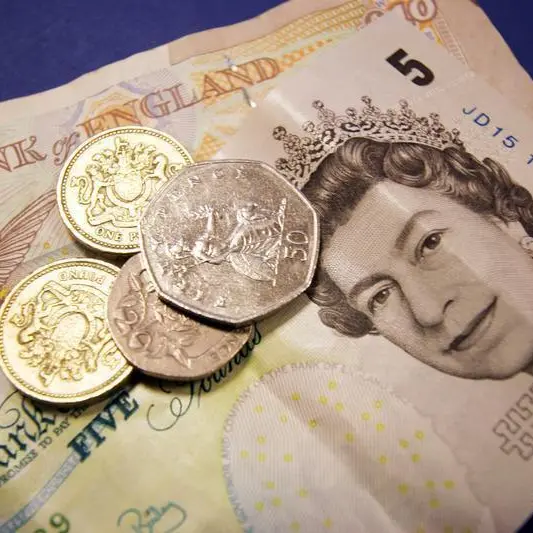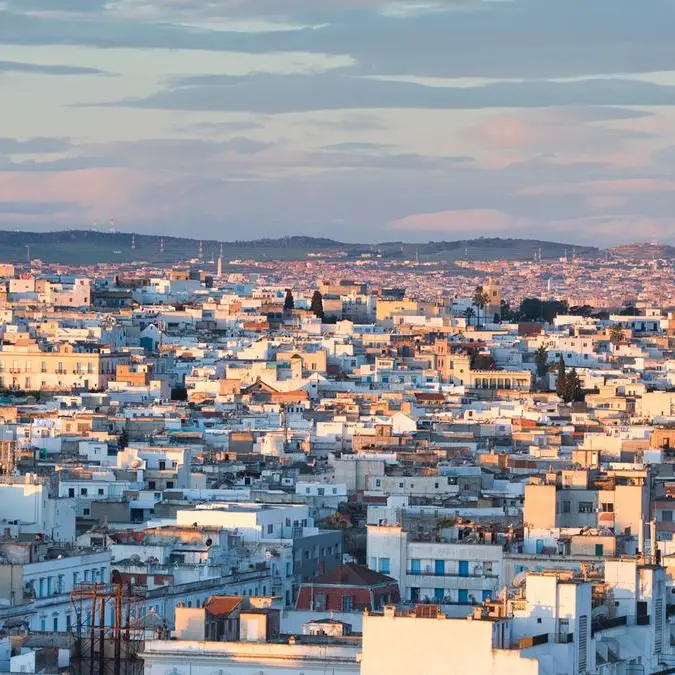PHOTO
British consumer goods giant Unilever on Thursday said its net profit dropped 15 percent last year to 6.5 billion euros ($7 billion) as sales flattened as the group hiked prices.
Businesses and consumers worldwide continue to battle higher costs as inflation remains stubbornly high, especially in the UK.
Chief executive Hein Schumacher said in the earnings statement that "competitiveness remains disappointing and overall performance needs to improve" at the group whose products include Magnum ice cream, Cif surface cleaner and Dove soap.
Group revenue dipped 0.8 percent to 59.6 billion euros last year compared with 2022.
Unilever, which makes also Ben & Jerry's ice cream and Hellmann's mayonnaise, hiked prices of all its goods last year by an average of 6.8 percent.
The amount of goods sold edged up as the price hikes cooled.
"Volumes are growing again, led by Unilever's biggest brands," noted Matt Britzman, equity analyst at Hargreaves Lansdown.
"Price hikes have come tumbling back down to earth, from the mammoth double-digit levels seen in the first quarter (of last year).
"Cost inflation is easing, meaning less needs to be passed on to consumers who were starting to trade away from Unilever's higher priced products," he added.
Unilever's share price jumped nearly three percent following the earnings update, helped by the announcement it was repurchasing more shares.
Schumacher became Unilever CEO last year, replacing Alan Jope who had come under fierce pressure from activist investors.
Jope had led Unilever's failed $50-billion bid for the former healthcare unit of drugmaker GlaxoSmithKline.
Schumacher, the former head of Dutch dairy and nutrition firm Royal FrieslandCampina, launched in October an action plan to grow Unilever.
"The new leadership team has embedded the action plan at pace," he said in Thursday's results statement.
"We are at the early stages of this work and there is much to do but we are moving with speed and urgency to transform Unilever into a consistently higher performing business," Schumacher said.
Unilever in December agreed to sell Elida Beauty, its non-core beauty and personal care division, to US private equity firm Yellow Wood Partners for an undisclosed amount.
"Reflecting the group's continued strong cash generation and anticipated proceeds from the sale of Elida Beauty, the board has approved a share buyback programme of up to 1.5 billion euros" in 2024.
In morning deals, Unilever's share price grew 2.9 percent to 4,016 pence on London's benchmark FTSE 100 index, which was rising 0.3 percent overall.
